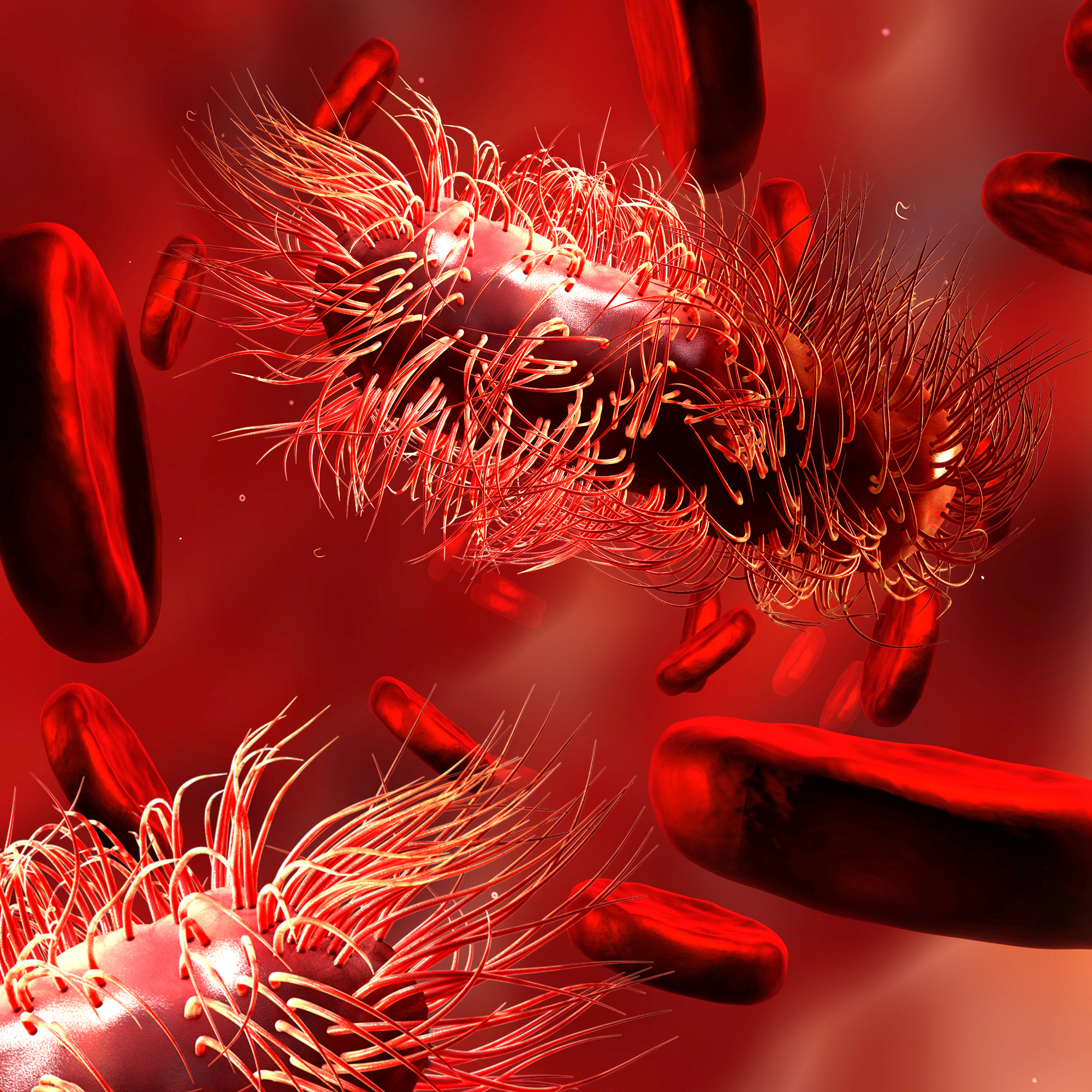The Meat Diet vs. Vegetarianism: Unveiling Benefits in Weight Loss, Diabetes, Autoimmune Disorders, and Digestion
 943
943 
Written By: Jack Riess NASM Certified Personal Trainer and Life Long Researcher of Health and Longevity.
Hello, friendly food explorers!
Today we’re diving into a big, juicy topic that’s sizzling with debate: the meat-based diet versus the vegetarian diet. Ever tried to find the “best” way to eat?
It’s like being in a noisy playground where everyone thinks their game is the most fun!
One person tells you to join the green team—veggies all the way!—while another calls you over to team meat, where the barbecues are always on.
Who do you listen to? Which team has the winning goal for your health?
That’s where this blog post comes in.
We’re here to look at why some folks are deciding that being on team meat might not just be delicious, but also the healthiest choice for them.
We’re talking about losing extra weight, handling diabetes, tackling autoimmune issues, and even improving digestion.
And we’re going to do it in a way that’s simple to understand and engaging.
Imagine we’re around a campfire, roasting marshmallows and chatting about food – sound good? Let’s dig in!
Now, before we move forward, just a little reminder: every person’s body is unique.
What works for your best friend or favorite celebrity may not work for you.
Always have a chat with your doctor or a dietitian before making big changes to what you eat. Ready to join the meat diet exploration party?
Let’s go!
The Meat Diet: A Deep Dive

Strap on your goggles, friends, because we’re about to dive deep into a world where meat reigns supreme.
Imagine this: your dinner plate filled to the brim with savory steaks, crispy bacon, and succulent roast chicken.
Sounds like a carnivore’s dream, doesn’t it?
Well, that’s because it is!
This, my fellow explorers, is what’s known as a meat-based diet, or as some prefer to call it, the carnivore diet.
So, what’s this carnivore diet, you ask?
On this diet, you can enjoy all sorts of meat, including beef, pork, chicken, and fish.
You can also munch on other animal products like eggs and certain dairy items.
But here’s the twist: plant-based foods, such as fruits, veggies, and grains, are off-limits.
Imagine stepping into a greengrocer’s store and then heading straight out because there’s nothing on your shopping list from there!
At this point, your curiosity must be piqued. Why would anyone want to say goodbye to the colourful world of fruits and vegetables and embrace a diet that’s all about meat?
Well, there’s a bit of science involved here. You see, the meat diet is high in protein and low in carbs.
This means that instead of using carbs for energy, your body could start burning fat. Some folks believe this can help you lose weight and manage certain health conditions better.
Let’s dive a little deeper into this.
According to some theories, our bodies can enter a state called ketosis when we eat very few carbs.
It’s kind of like a secret mode your body goes into when it starts burning fat for fuel instead of carbs.
This could help people shed those extra pounds and keep them off.
But that’s not all! A meat diet might also be good news for people with diabetes.
How, you ask?
Well, eating a lot of carbs can cause blood sugar levels to spike.
But if you’re eating mostly protein and fat, your blood sugar levels might become more stable.
And guess what? There might be more benefits.
Some people think a meat diet could help with autoimmune issues, where the body’s defense system gets a little confused and starts attacking its own cells.
By cutting out plant-based foods, which can sometimes cause inflammation, these people might see an improvement in their symptoms.
Lastly, a meat diet might be a boon for those with tricky tummies.
Some folks find certain plant foods hard to digest. By focusing on meat, they might experience fewer upset stomachs.
Remember, this diet isn’t for everyone. We all have our unique health needs, and what works for one person might not work for another.
So, always talk to your healthcare provider before making significant changes to your diet.
The Meat Diet and Fat Loss

Now that we’ve uncovered the basics of the meat diet, let’s delve into the nitty-gritty.
First stop: the land of fat loss.
Imagine if your body was like a superhero with a secret power: the ability to burn fat faster.
Sounds amazing, doesn’t it? Well, some people think that the meat diet – with its high protein, low carb approach – might just help your body activate this power.
Here’s the secret: when we eat fewer carbs, our bodies need to find another source of energy.
This is when our bodies can enter a state called ketosis – think of it as a switch that gets flipped when there aren’t many carbs around to use for energy. Instead, our bodies start burning fat for fuel.
This is like giving your body’s fat-burning powers a big, superhero-style boost!
But don’t just take our word for it – there are plenty of people who have tried the meat diet and found it helped them lose weight.
Like Tim, a 35-year-old dad who, after struggling with weight loss for years, found that the meat diet helped him shed those stubborn pounds.
Or Jane, a 28-year-old software engineer, who found she felt fuller for longer on a meat diet, which helped her stop snacking and start losing weight.
And it’s not just personal stories – science is on board too.
Various studies have found that a diet high in protein can help people lose weight and keep it off.
One study found that people on a high-protein diet lost more weight than those on a high-carb diet.
Plus, because protein can help you feel fuller for longer, you might find you’re not as tempted to reach for that mid-afternoon cookie.
Isn’t it fascinating how a simple change in our diet can potentially fire up our body’s fat-burning powers?
But remember, while these stories and studies are exciting, it’s important to note that everyone’s body reacts differently.
What works for Tim or Jane might not work for you.
So before you dive head-first into the meat diet, make sure you talk to your doctor or a dietitian to figure out what’s best for your health.
The Meat Diet and Diabetes Management

We’re on to the next chapter of our meat diet mystery: Can it help manage diabetes?
Let’s find out!
Type 2 diabetes is like a sneaky sugar thief that messes with the way our bodies handle glucose, or sugar, in our blood.
It’s a condition that millions of people around the world deal with every day.
But here’s a curious clue: some people believe that the meat diet, with its low-carb, high-protein approach, might be a secret weapon in managing this condition.
Let’s put on our detective caps and investigate why.
You see, when we eat a lot of carbs, our bodies break them down into sugars, which raises our blood sugar levels.
This triggers our bodies to release insulin, a hormone that acts like a key, opening the doors of our cells to let the sugar in.
But when we eat fewer carbs, like on the meat diet, our bodies don’t need to release as much insulin.
This can help keep blood sugar levels more stable and potentially manage type 2 diabetes better.
In fact, some studies suggest that a low-carb diet might help people with type 2 diabetes control their blood sugar levels.
One study found that people with type 2 diabetes who followed a low-carb diet had lower blood sugar levels and needed less medication to manage their condition.
And it’s not just research – many doctors and dietitians support a low-carb approach for managing diabetes.
But remember, just like every mystery has twists and turns, so does every diet. What works for one person may not work for another, and managing a condition like diabetes is complex.
So, always make sure you chat with your doctor or a dietitian before making any major changes to your diet.
The Meat Diet and Autoimmune Issues

We’ve traversed the lands of fat loss and diabetes management, and now, we’re embarking on a new journey: exploring the potential benefits of a meat diet for individuals with autoimmune issues.
Grab your explorer’s hat and let’s get started!
Autoimmune disorders are a bit like having a glitch in your body’s defense system.
Instead of just fighting off invaders like germs and viruses, your body starts attacking its own cells.
This can lead to all sorts of symptoms, from fatigue and joint pain to digestive issues and skin problems.
Here’s where the meat diet enters our story.
Some people believe that a meat diet, by eliminating certain food groups, could reduce inflammation and ease these symptoms.
It’s a bit like a detective removing suspects from an investigation to narrow down the culprit.
In the case of the meat diet, the “suspects” being removed are plant-based foods.
While fruits, veggies, and grains are usually good for us, some of them can cause inflammation in people with certain autoimmune disorders.
So by focusing on meat, which is less likely to cause this kind of inflammation, symptoms might improve.
There’s ongoing research in this area, with some studies suggesting a link between certain plant foods and inflammation.
Some experts also believe in the potential benefits of a meat diet for autoimmune disorders.
Dr. Paul Saladino, a leading proponent of the carnivore diet, suggests that many of his patients see a reduction in their autoimmune symptoms when they follow a meat-based diet.
Please just always remember that what works for one person may not work for another, and managing autoimmune disorders requires professional guidance.
Always consult with your doctor or a dietitian before making significant dietary changes.
The Meat Diet and Digestive Health

As we continue our journey through the meat diet terrain, we arrive at a fascinating junction: the world of digestion.
Digestion is like your body’s personal recycling system.
It breaks down the food we eat into nutrients, which are then used for energy, growth, and repair.
But sometimes, this system can run into a bit of trouble, leading to discomfort, bloating, and other unpleasant symptoms.
Interestingly, some people find that a meat diet could help soothe their troubled tummies.
Here’s the theory: Plant foods, while packed with vitamins and minerals, also contain fiber.
While fiber can help keep things moving smoothly, for some folks, particularly those with certain digestive disorders, it can be a bit tricky to handle.
On a meat diet, you’re cutting out plant foods and, therefore, most sources of fiber.
This could potentially make things easier on your digestive system.
Plus, meat is generally rich in protein and fat, which can be easier for some people to digest.
This idea isn’t just a gut feeling (pun intended!).
Some scientific studies suggest that a low-fiber diet might help with certain digestive disorders.
Also, some healthcare professionals have observed improvements in their patients’ digestive symptoms when they switch to a meat-based diet.
Dr. Ken Berry, a family physician, supports the idea that a meat-based diet can lead to improved digestion for some individuals.
But remember, like all the aspects of the meat diet we’ve explored, digestion is a highly individual thing.
What helps one person’s tummy might upset another’s.
Always consult with your healthcare provider before making significant changes to your diet.
Frequently Asked Questions about the Meat Diet

As we near the end of our meat diet exploration, let’s tackle some frequently asked questions.
We’ve gathered the top queries and misunderstandings about the meat diet and armed ourselves with answers, guided by science and expert opinions.
Ready to dive in? Let’s go!
Isn’t a diet without fruits and vegetables unhealthy?
Understandably, this is a big concern for many people considering a meat diet. Fruits and veggies are packed with vitamins, minerals, and fiber. But remember, meat also contains many essential nutrients. Plus, some people with specific health conditions may find a meat diet beneficial. The key is to ensure your diet meets all your nutritional needs, which can vary person to person.
Will a meat diet raise my cholesterol levels?
The relationship between dietary cholesterol and blood cholesterol is complex and individual. While a meat diet is high in animal fats, which contain cholesterol, it doesn’t automatically mean your blood cholesterol will skyrocket. Some studies even suggest a low-carb, high-fat diet could improve cholesterol profiles.
Won’t I miss out on fiber on a meat diet?
It’s true that a meat diet lacks traditional sources of fiber like fruits, vegetables, and grains. While fiber plays a role in digestive health, some people with certain digestive disorders find they fare better with less fiber.
The Choice is Yours!

And just like that, our journey through the realm of the meat diet comes to a close.
We’ve explored how a meat-centric diet might help with weight loss, diabetes management, autoimmune issues, and even digestive health.
However, it’s crucial to remember that everyone’s health needs are as unique as their fingerprints.
This blog is not a one-size-fits-all solution but a starting point for exploration.
While the meat diet may be beneficial for some, it may not be suitable for others.
Before embarking on any significant dietary changes, always consult with a healthcare professional.
Consider this blog as a conversation starter, an invitation to explore different dietary perspectives.
Don’t hesitate to discuss these ideas with your healthcare provider.
After all, when it comes to health, curiosity and open dialogue are key ingredients!
Thank you for joining us on this journey.
Keep exploring, keep questioning, and most importantly, keep taking steps towards your healthiest self.
Until our next adventure, explorers!

A new study suggests that a widely used sugar substitute found in diet sodas, chewing gum, and low-sugar yogurt may elevate insulin levels. This could increase the long-term risk of heart disease. “Artificial sweeteners have infiltrated nearly all types of food, making it crucial to understand their long-term health effects,” said Yihai Cao, senior author […]

Diet Coke has long been a fan-favorite among soda lovers who want a fizzy, guilt-free alternative to traditional soft drinks. While its zero-calorie, zero-sugar label makes it seem like a healthier option, the reality is far more concerning. Despite its undeniable popularity, Diet Coke’s nutritional profile has raised red flags among health experts for years. […]

New study shows that embracing an anti-inflammatory, plant-forward diet can support cognitive function and help reduce the risk of dementia. What You Eat Shapes Your Brain The food you eat doesn’t just impact your body—it also affects your brain. Research suggests that eating an anti-inflammatory, plant-based diet can help improve memory, focus, and overall brain […]